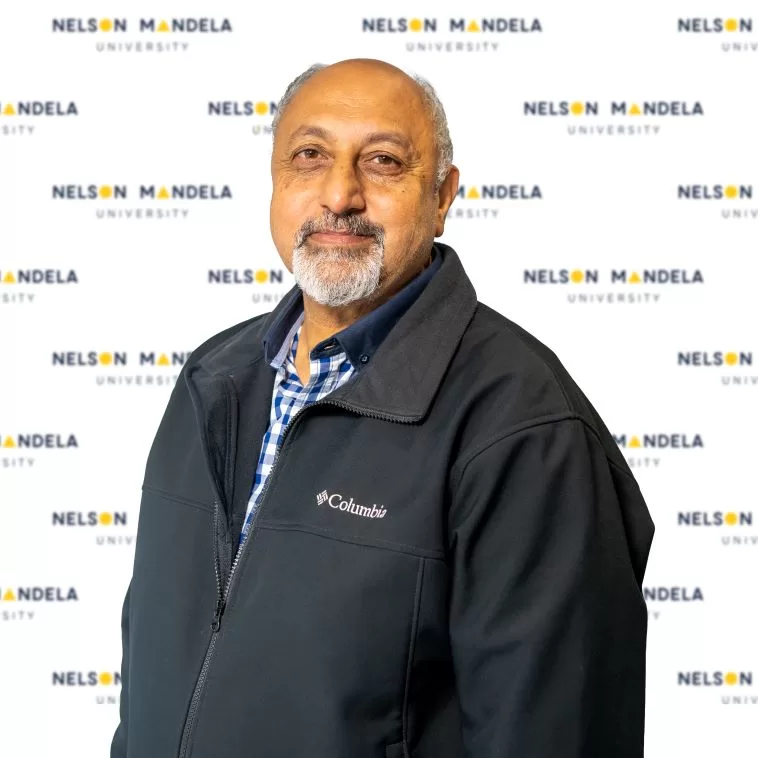Where have all our teachers gone?
South Africa has a shortage of teachers, so how do we get the teachers we need for the education we want?
Johannesburg, 12 October 2023 – Teaching is one of the world’s oldest professions, with teachers playing a fundamental role in inspiring dreams, changing lives and raising future leaders. It is the profession that creates all others.

With such an honourable and weighty vocation, why is there such a critical shortage of teachers both nationally and internationally? In South Africa, even though 15 000 teachers graduate annually, there’s still an alarming shortfall of 10 000 teachers.
Besides those who are retiring, the shortage is exacerbated as many teachers opt for early retirement or quit because they feel exceedingly stressed, undervalued and burnt out. Many newly qualified teachers and teachers already in the education system also leave for opportunities outside of the country’s borders. This teacher drain is problematic, as those leaving are the high performers.
The reality is that our academic environment is complex and challenging. Several issues contribute to the teacher shortage. From large, overcrowded classes, to violence and bullying in schools, teacher absenteeism, low salaries, lack of respect and unqualified teachers. Poor learner behaviour, curriculum, assessments, resources, and administration challenges also negatively impact how teachers can perform, while new subjects such as coding and robotics are expected to be taught, with very little training.
In addition, grade 10, grade 11 and matric learners are unlikely to choose a career in teaching as the perception is that it is a low-paying, demanding profession. To attract the youth, we need to change these opinions and show that it is a hugely fulfilling role, where teachers can make a real difference in the lives of their learners and where they are responsible for shaping our society – and our future.
To motivate more learners to enter this career, we must educate them about bursary schemes like Funza Lushaka. Newly qualified teachers who receive this bursary are given priority in getting a job at public schools. However, the bursary does have limitations, and the government should consider making it available to everyone who intends taking up teaching as a career.
This year’s World Teachers’ Day theme is “The teachers we need for the education we want: The global imperative to reverse the teacher shortage.”
To retain teachers, urgent action is needed. It is imperative that governments around the world invest in teacher professional development for all subjects, to equip teachers with the pedagogical skills to inspire their learners. They should be offered free career advancement opportunities and linked to that is a salary increase to motivate them to study. Competitive salaries should be paid so that teachers aren’t forced to go on strike for annual salary increases. There must be greater teacher recruitment and we should consider ways to incentivise teachers, especially rural teachers, to ensure retention. Furthermore, we need to improve the status of the profession so that teachers feel respected and, finally, focus on enriching working conditions at schools and providing them with additional resources.
Teaching is a calling, and many who enter this career have a resolute passion for working with learners and they will always go above what is required of them. This enthusiasm, however, can only be sustained if they feel valued and respected, are appropriately trained and supported, are well-renumerated, and the working conditions at schools are improved.
As professionals who teach content, inspire learners to be creative, encourage critical thinking and raise children to be helpful in society, teachers should be acknowledged for their excellent and valuable work. While the Department of Basic Education does recognise outstanding teachers’ work, this impacts a relatively small group of teachers. During the Covid-19 pandemic, when parents took on the responsibility of homeschooling, they too appreciated and valued the teachers’ efforts in educating their child. But this is not enough.
The education of the 21st century is significantly different from the 20th century, and we need teachers to guide our future workforce, and an education system that is inclusive, equitable, accessible and prepares learners with critical thinking, collaboration, communication and creativity skills.
To reverse the shortage, we need to change the mindset that “I am only a teacher”. You aren’t just a teacher, you’re shaping minds, inspiring greatness, moulding future leaders, and changing the world.





























